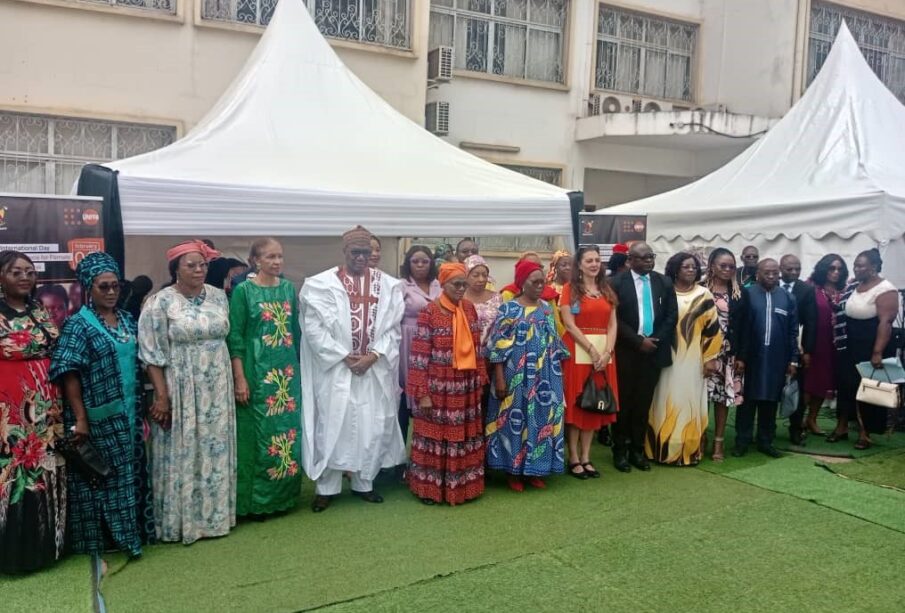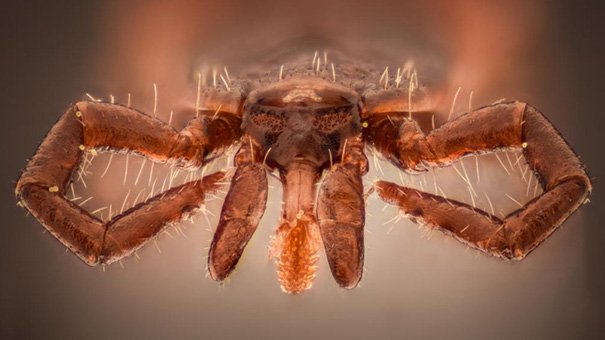Female genital mutilation: A crime against humanity!

18th International Day of Zero Tolerance for Female Genital Mutilation: February 6, 2025.
According to the World Health Organization (WHO), at least 230 million women and girls are victims of female genital mutilation worldwide, including 1.4% in Cameroon, with alarming peaks of 20% in some regions. On the occasion of the 18th International Day of Zero Tolerance to Female Genital Mutilation, the Minister for the Advancement of Women and the Family, Marie Thérèse Abena Ondoa, sounded the alarm to put an end to this barbaric practice, which shatters lives and destroys futures, on February 6, 2025.
“Mutilated at the age of 5, I am a broken woman,” Charlotte said, her voice trembling. “I was 5 years old when my uncles and aunts took me to a lady’s house. I didn’t know what was going to happen. I cried, I screamed, but they didn’t listen to me.” On September 19, 2002, Charlotte MBalla’s life changed dramatically. That day, she was the victim of female genital mutilation, an ancestral practice that leaves indelible scars. On February 6, 2025, Charlotte broke the silence. Invited to the Ministry for the Promotion of Women and the Family on the occasion of the 18th edition of the international day of “zero tolerance for female genital mutilation,” she gave a poignant testimony.
Her story plunged the audience into a heavy silence. Tears ran down the cheeks of many participants, overwhelmed by the pain of this young woman. “I am not the only one,” Charlotte continued. “How many girls have suffered the same fate? How many women live with this injury? It has to stop.” Charlotte’s testimony was followed by other stories of mutilated women. All recounted their suffering, their trauma, their struggle to rebuild themselves. “It is a barbaric practice that destroys lives,” denounced one participant. “Mentalities need to change, traditions need to evolve.” The Far North region of Cameroon is known for being one of the regions where the practice of excision is most widespread. Here, excision is considered a mandatory rite of passage for young girls, an essential step in becoming a “woman.”
Young girls undergo this practice in pain and fear, without understanding why. They are often left to fend for themselves, without support or information. Most of them remain silent, for fear of being rejected by their community. On the occasion of the celebration of the 18th edition of the International Day of Zero Tolerance for Female Genital Mutilation, the Minister for the Advancement of Women and the Family, Marie Thérèse Abena Ondoa, sounded the alarm to put an end to this barbaric practice, which shatters lives and destroys futures, this February 6, 2025, on the theme: “Her voice, her future”. “Your testimony is a force, a call to action,” she said. “We must intensify our efforts to eradicate this practice, so that never again is a little girl mutilated.”
This barbaric practice, recognized as a violation of human rights, is mainly concentrated in Africa, but also present in the Middle East, Asia and Latin America. According to the World Health Organization (WHO), at least 230 million women and girls worldwide have undergone FGM. A frightening figure, which continues to grow, with 2 million additional cases that could occur by 2030. With a prevalence rate of 1.4% at the national level and 20% in the hotbed areas (Far North, Southwest), FGM finds in its practice a socio-cultural and socio-economic anchor that justifies its continuation in certain regions of Cameroon. Migrations linked to conflicts have also favored these continuations.
The removal of genitals can cause heavy bleeding, putting victims’ lives at risk. FGM can lead to difficulty urinating, pain during menstruation and sexual intercourse, and fertility problems. FGM is a violent and humiliating act that leaves deep psychological scars. Victims may suffer from anxiety disorders, depression and post-traumatic stress disorder.
According to Marie Thérèse Abena Ondoa, Minister for the Promotion of Women and the Family, the fight against female genital mutilation is a priority for the Cameroonian government. She stressed the importance of creating an association of women victims of genital mutilation in Cameroon, so that they can benefit from the support of the government and development partners. The National Action Plan for the Elimination of Female Genital Mutilation is a reference framework for the government’s action to protect the sexual health of women and girls.
Marie-Thérèse Abena Ondoa stressed the need to strengthen legislation to improve social protection and living conditions for women and girls, and to guarantee them better access to reproductive health care. The Minister also stressed the importance of awareness raising and education to prevent female genital mutilation. The Government, through the Ministry for the Advancement of Women and the Family and other partners, is making great efforts to eradicate this harmful practice.
To read also: Adamawa: These extinguishers gathering dust… and the fire risk that is growing
These include, among others: Implementation of Resolution A/C.3/65/21Rev on intensifying global action to eliminate FGM, adopted in 2012 by the United Nations General Assembly; implementation of the national action plan for the elimination of FGM; support for the retraining of excisers; establishment and monitoring of local committees under the coordination of administrative authorities; capacity building of traditional and religious leaders and community relays; popularization of documents relating to FGM with a view to changing behavior; implementation of the National Strategy to Combat GBV; adoption of Law No. 2016/007 of July 12, 2016 on the Penal Code with provisions relating to the repression of genital mutilation in its articles 277 and following. Anyone who, in any way whatsoever, harms an organ with the aim of hindering its normal growth shall be punished by imprisonment of 6 months to 5 years and a fine of 100,000 to 1,000,000 FCFA or one of these two penalties only.
Female genital mutilation is a crime against humanity, a violation of the fundamental rights of women and girls. Despite the efforts of the international community, this barbaric practice persists, fueled by traditions, beliefs and social control.
Elvis Serge NSAA
















